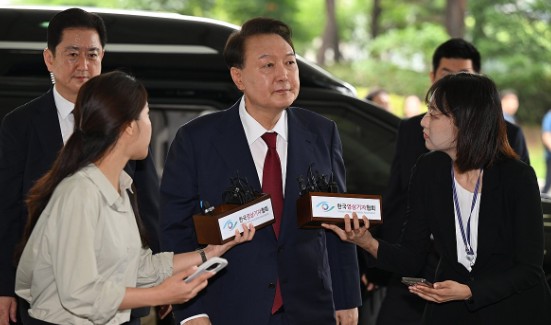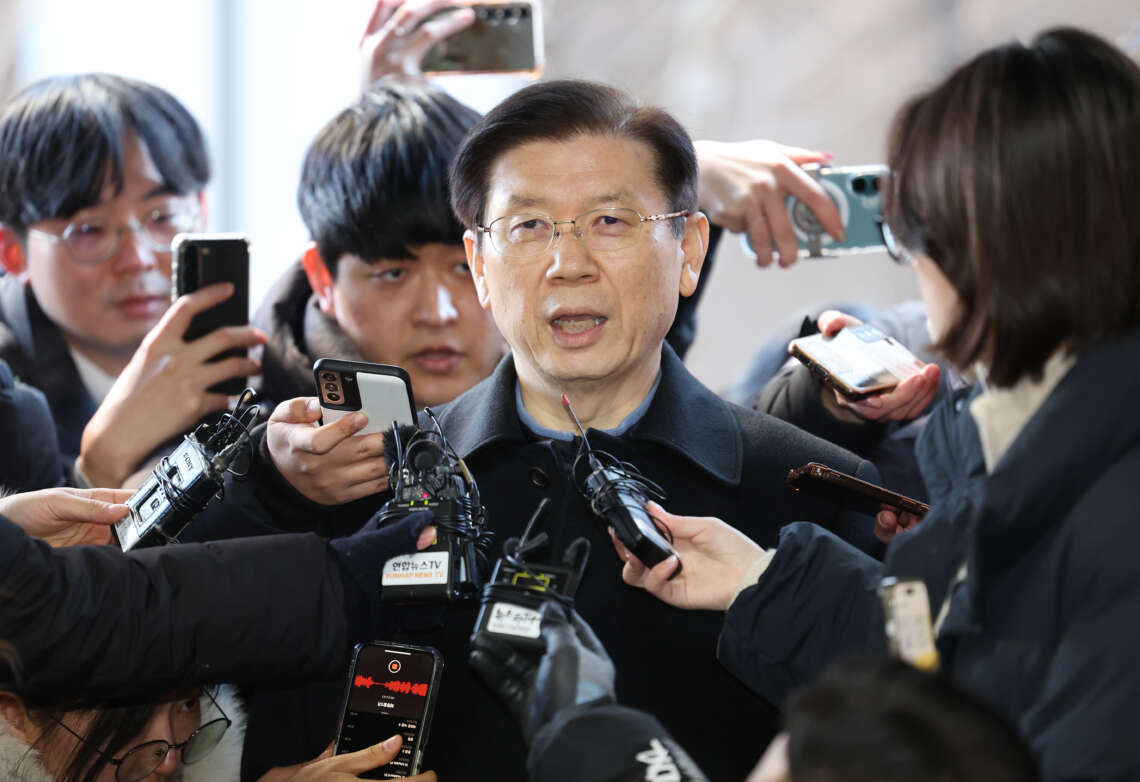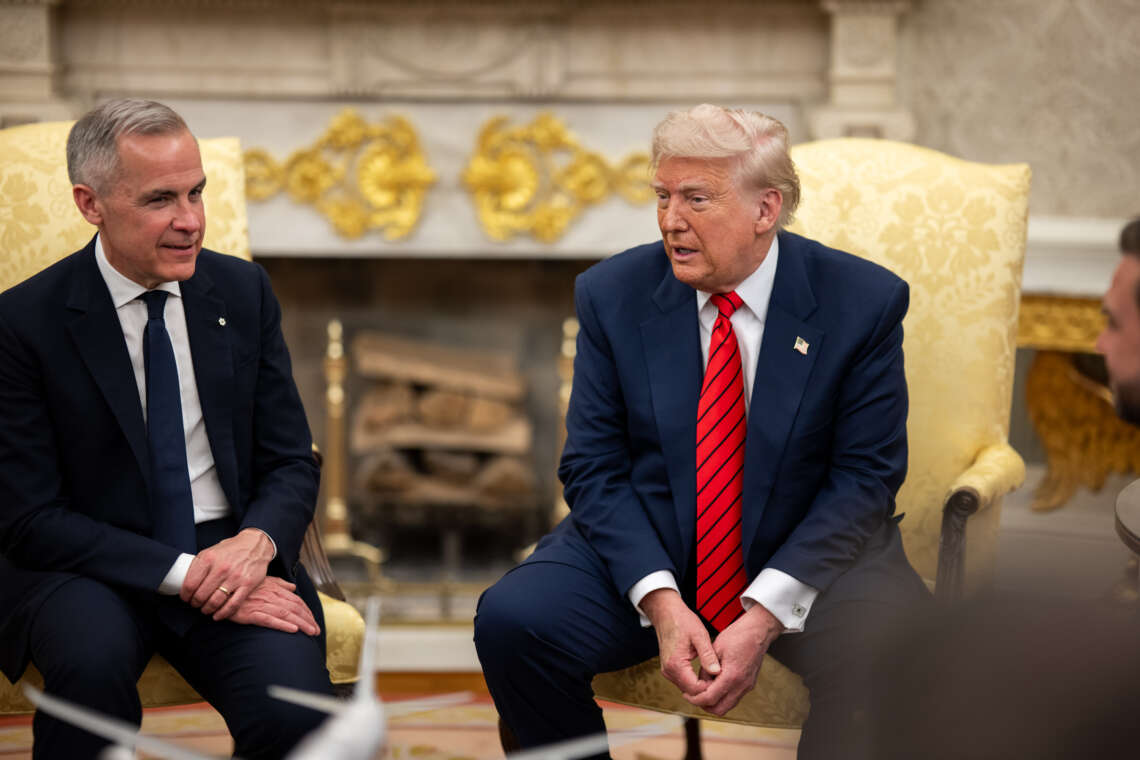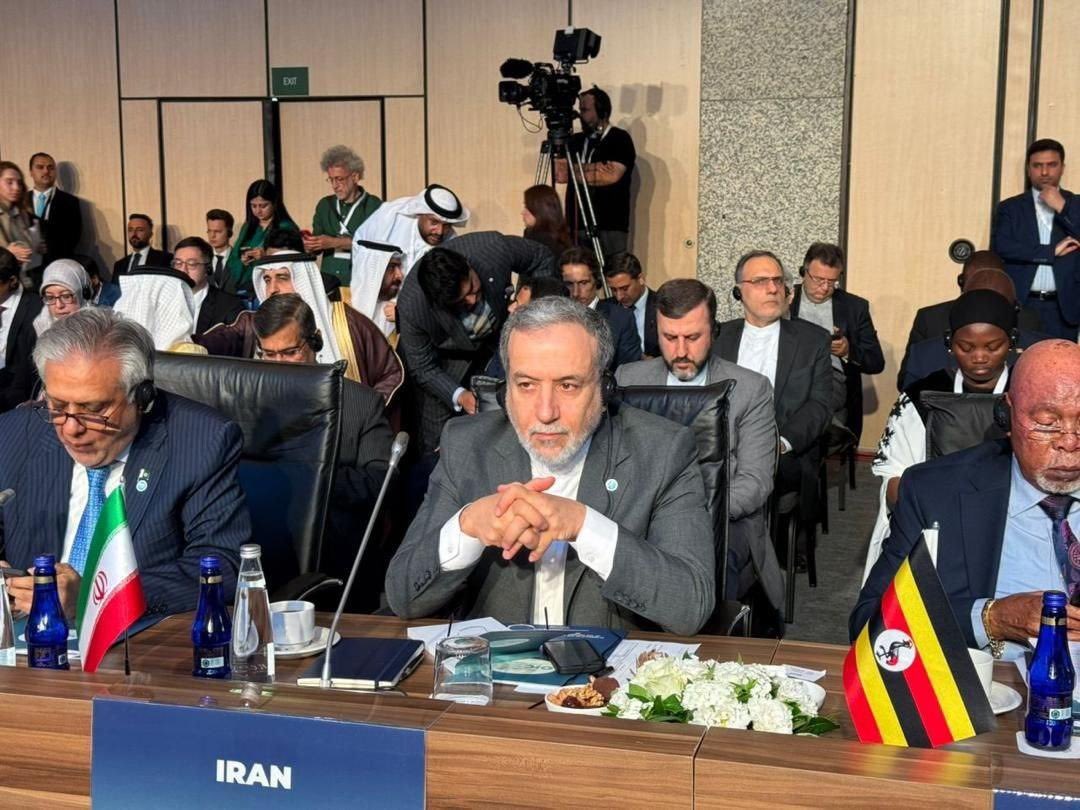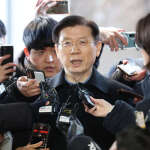Yoon’s legal team walked out of the afternoon session, raising objections to a police officer who led the inquiry instead of a state prosecutor. T
Former South Korean President Yoon Suk Yeol appeared before prosecutors on Saturday in connection with insurrection charges tied to his short-lived martial law declaration last December. However, he refused to continue with a scheduled second session of questioning, claiming that the official leading the interrogation was legally compromised.
Yoon, who was impeached 85 days ago and arrested in January, was summoned by a special counsel investigating his role in ordering military intervention, allegedly to prevent his own arrest. Saturday’s appearance marked his first in nearly five months before any investigative authority.
Clash Over Investigating Officer
Yoon’s legal team walked out of the afternoon session, raising objections to a police officer who led the inquiry instead of a state prosecutor. They claimed the officer had previously handled related parts of the insurrection probe and was the subject of past legal complaints, including involvement in what they described as Yoon’s “unlawful” arrest earlier this year.
“This officer cannot be considered impartial or fit to lead questioning,” said a spokesperson for Yoon’s defence. The team argued that the presence of this investigator compromised the legality of the proceedings.
The special counsel defended its choice, stating that the officer in question had been involved with the investigation from the beginning and was “best equipped to ensure continuity.” The special counsel originally intended to question Yoon over his alleged attempt to block his own arrest in January, and later to move on to the cabinet meeting he held shortly before the martial law announcement.
Allegations Against Yoon
Yoon faces multiple serious charges, including: Ordering the Presidential Security Service (PSS) to physically prevent his arrest when the Corruption Investigation Office for High-ranking Officials (CIO) attempted to serve a detention warrant;
Deleting military communication records, particularly from secure phones used by top commanders, shortly after the failed martial law declaration;
Refusing to cooperate with prior summonses from the CIO, before he was eventually arrested at his official residence on January 15, becoming the first sitting South Korean president to be detained.
He had previously refused three rounds of questioning in December. The January standoff between CIO agents and the PSS was widely covered, sparking a constitutional crisis and ultimately leading to Yoon’s impeachment.
Legal Team Slams Special Counsel
In a sharply worded statement issued shortly after Saturday’s session, Yoon’s legal representatives accused the special counsel of staging a “political show” and of violating his legal rights by publicly revealing the timing and details of his summons.
“They are creating theatre, not justice,” the statement said, adding that public disclosure of Yoon’s visit infringed on his rights as a suspect.
The legal team has signalled that it may refuse future cooperation unless the police officer in question is removed from the process. This could force delays—or even temporary suspension—of the ongoing investigation.
A Return to Familiar Ground
Ironically, Yoon was questioned at the Seoul High Prosecutors’ Office, a building he once worked in as a career prosecutor. In fact, he had previously led the special counsel investigation into former President Park Geun-hye’s corruption scandal—an inquiry that eventually brought her down.
Now, seated on the other side of the table, Yoon faces a similar reckoning that could result in criminal charges related to abuse of power, obstruction of justice, and inciting insurrection.
As the investigation unfolds, the fate of the once-powerful leader remains uncertain. However, with tensions growing between his legal team and the special counsel, the path to legal clarity looks increasingly convoluted.


